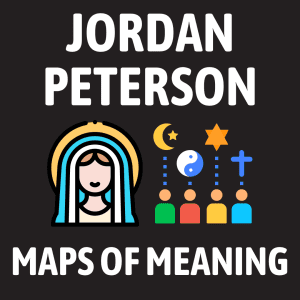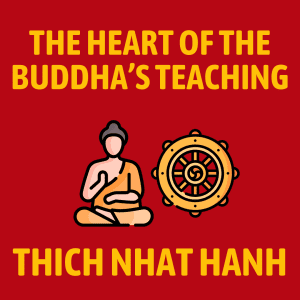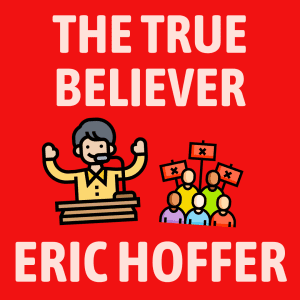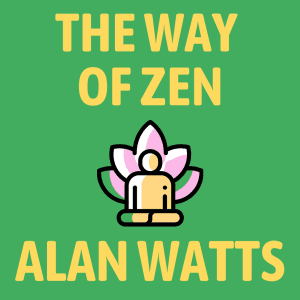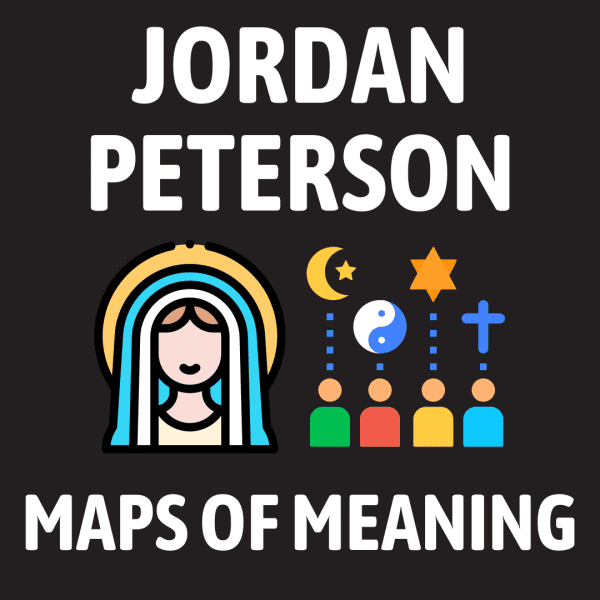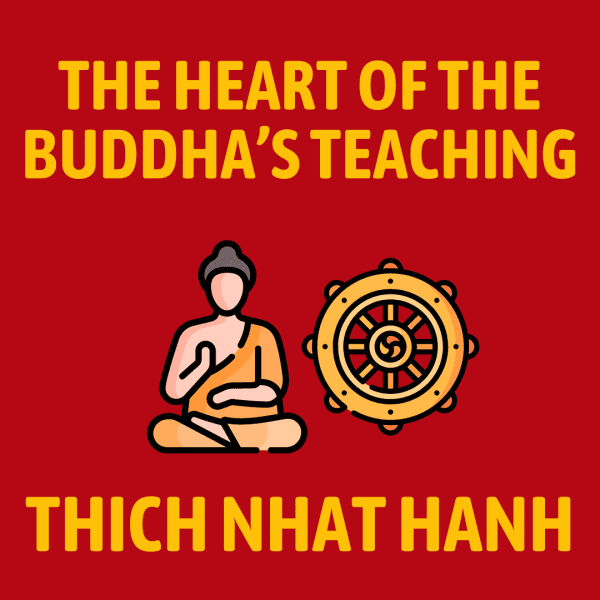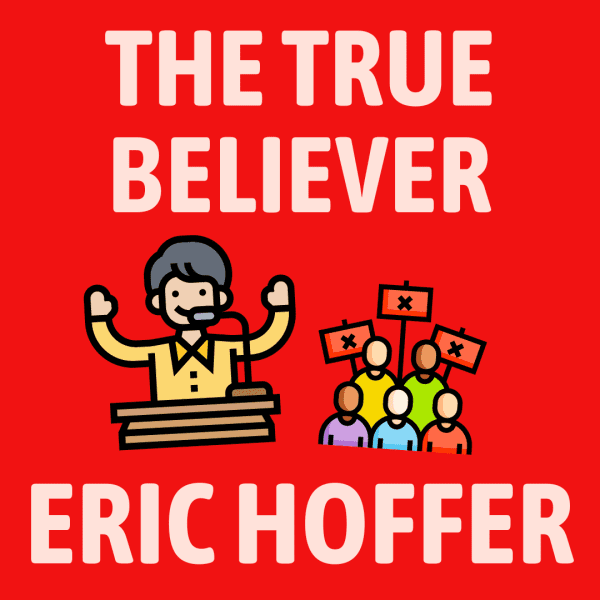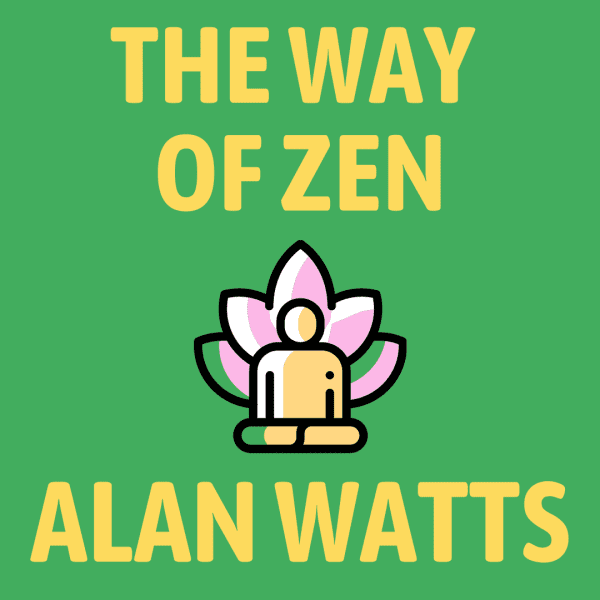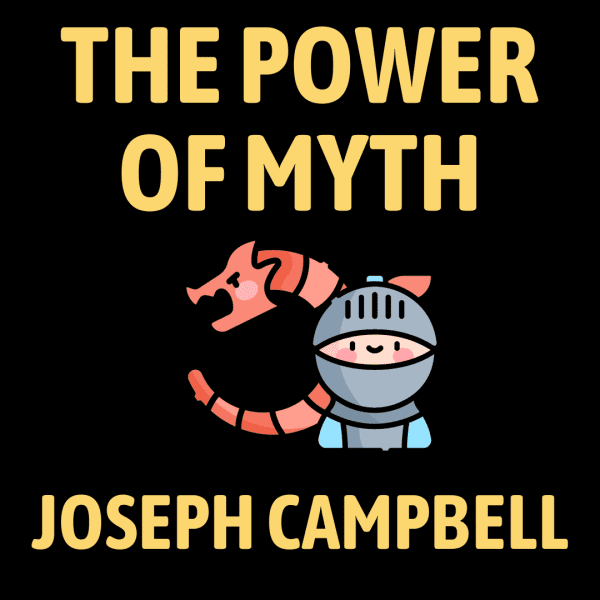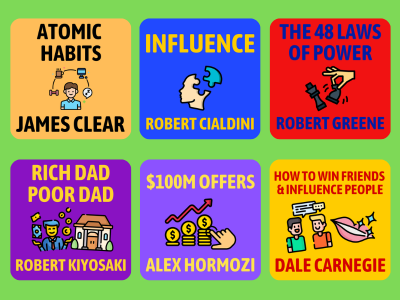Maps of Meaning says that myths have a tremendous unseen value.
They laid the foundation for large, stable and successful civilizations that lasted thousands of years.
Myths also provide time-tested wisdom to help us eradicate evil in the social world, and move past unpredictable catastrophes in our personal lives.
The Heart of the Buddha's Teaching introduces the most essential Buddhist ideas in a way even secular people can easily digest.
These ideas include The Four Noble Truths and The Noble Eightfold Path.
Thich Nhat Hanh explains how Buddhism is in its essence a pragmatic approach to ending personal suffering.
The True Believer shows how the same human frustrations drive all mass movements—whether social, political or religious.
People join mass movements to escape their ineffectual and helpless individual self.
Eric Hoffer wrote this book 70 years ago, but it's still frighteningly relevant today.
The Way of Zen is a comprehensive introduction to Zen Buddhism, including the history and practices.
Alan Watts explains how the ancient Chinese philosophy of Taoism combined with Indian Buddhism to form Zen.
He also shares many practices of Zen such as meditation, koans, and arts.
The Power of Myth explores how stories shape our perception of the world, and why myths continue to be relevant in providing direction to our lives in modern times.
Joseph Campbell explains universal lessons from myths, like discovering our personal "Hero's Journey" and following our bliss.

